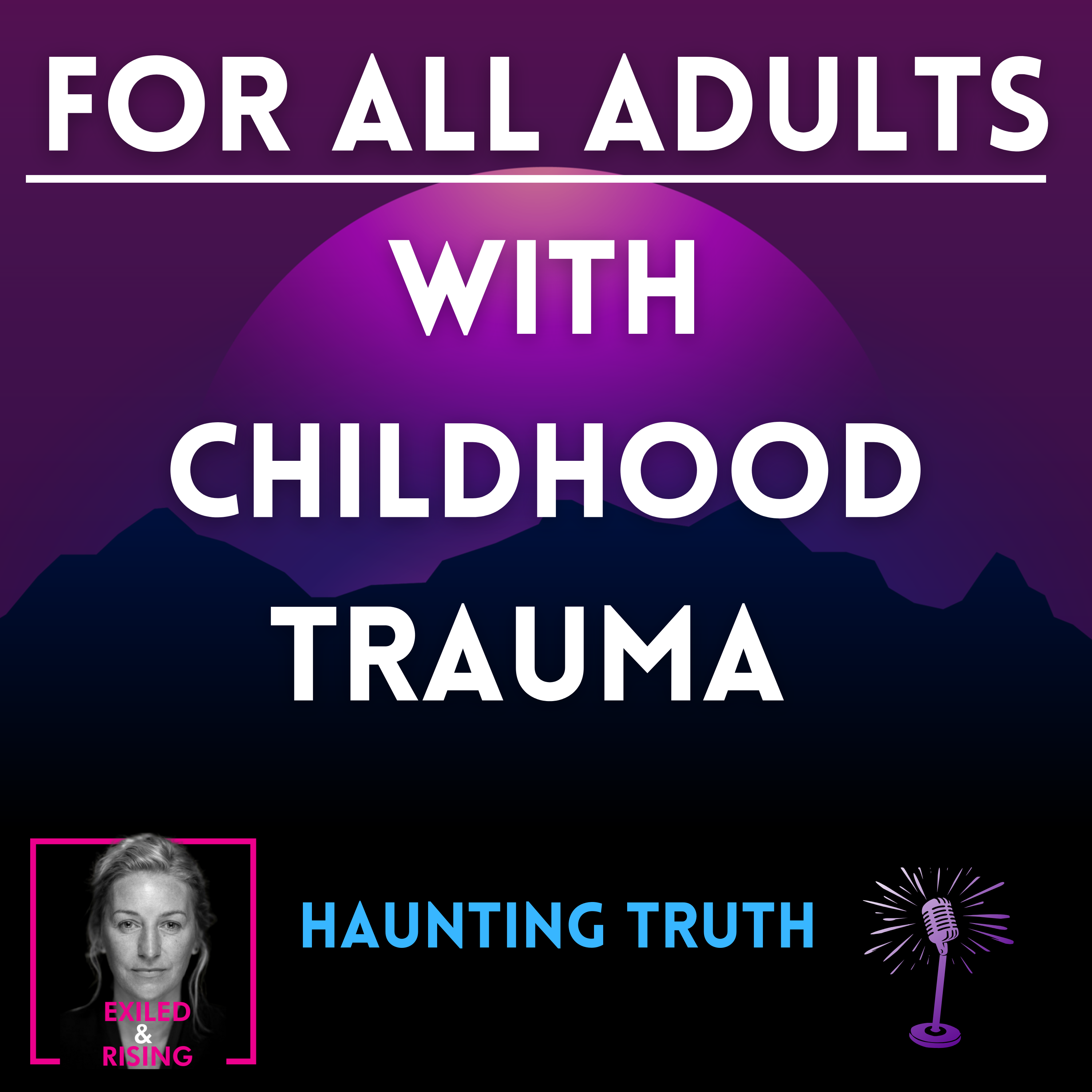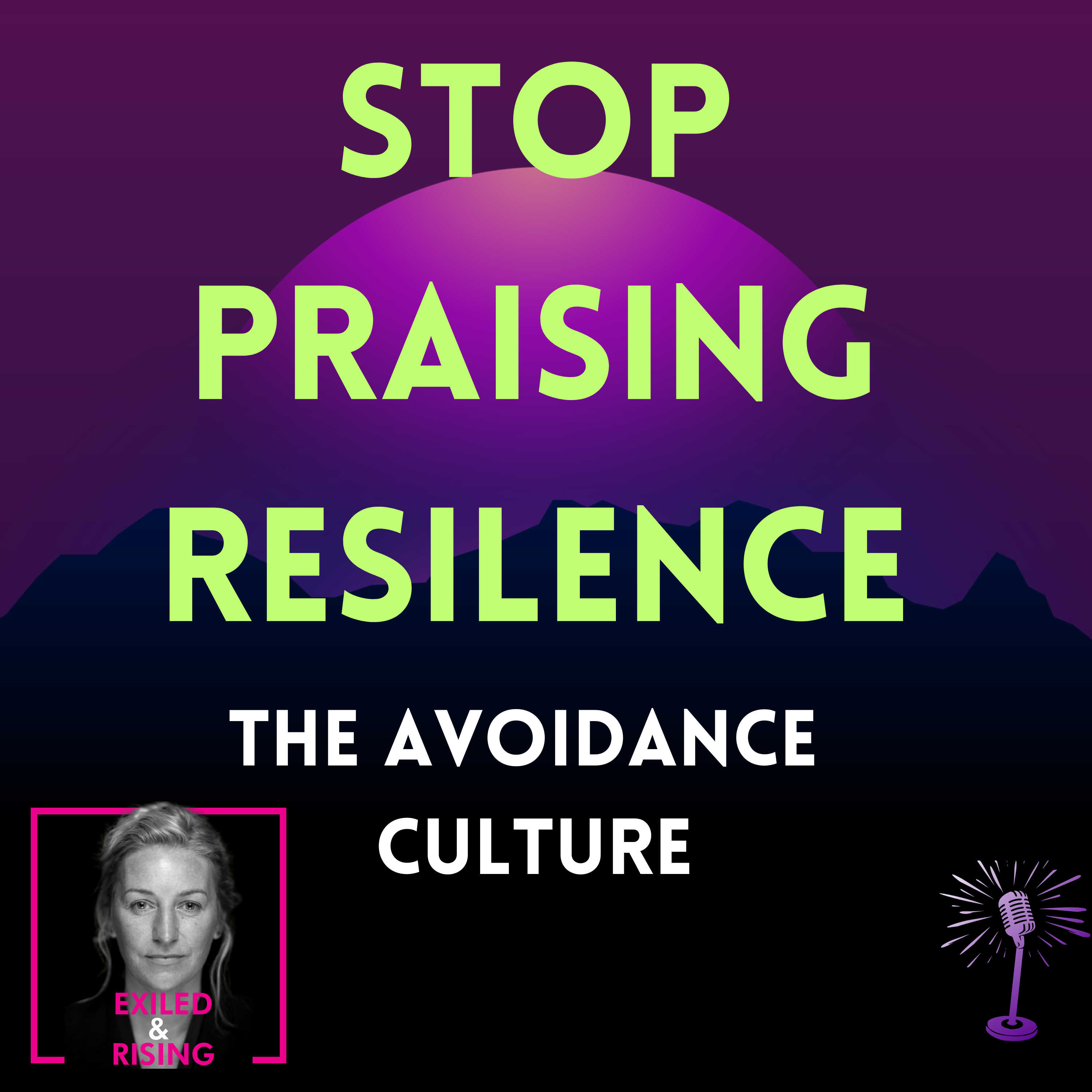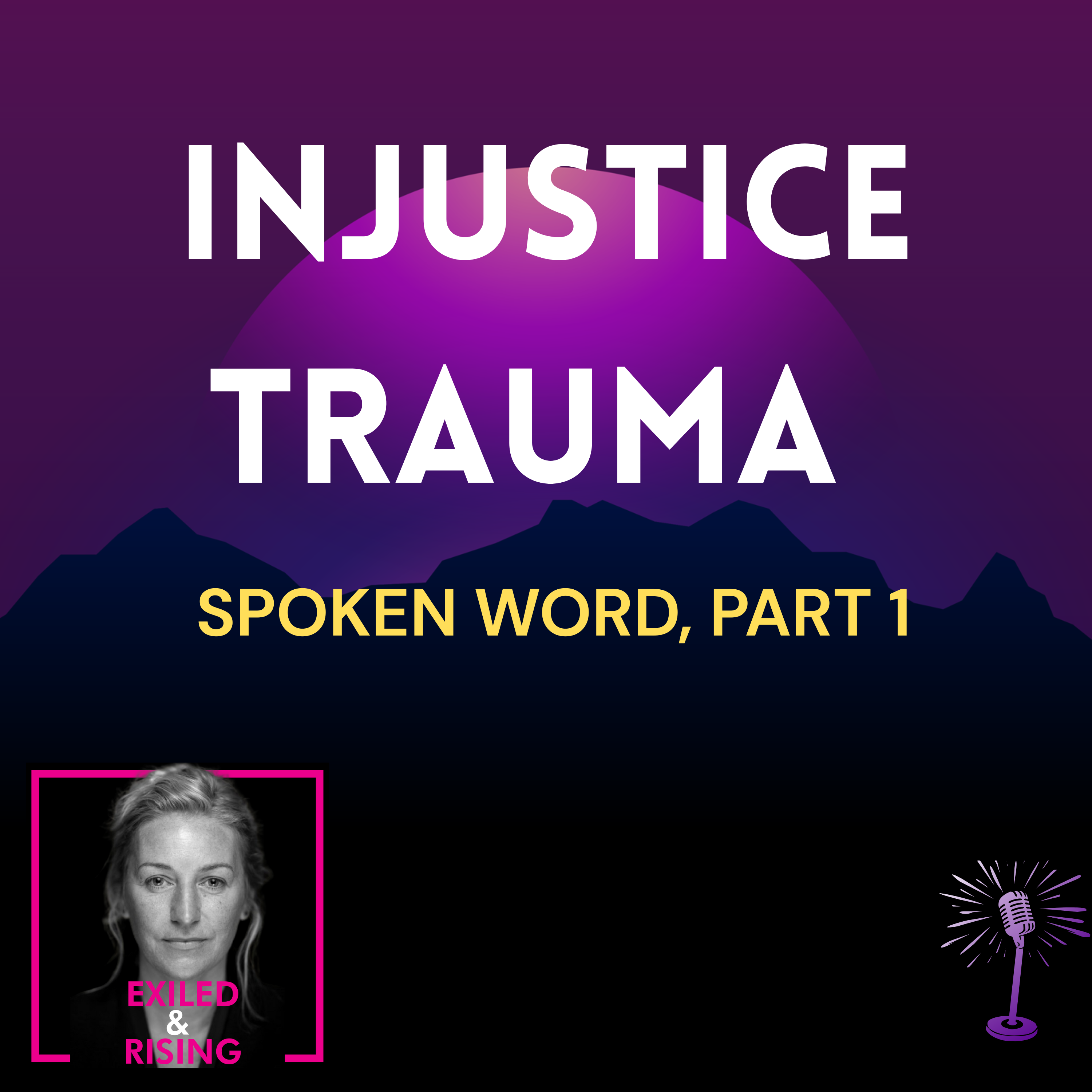Show Notes
In haunting “Walk Home,” Ana Mael delivers something that is rare and profoundly necessary:
A Language for the Unspoken
This piece gives voice to the invisible pain of children—and adults—who dread returning to a place that is supposed to feel safe. She does not explain the trauma. She names it. She feels it. And in doing so, she makes it real for those who’ve never had the words.
A Somatic Mirror
Ana is not giving a lecture. She’s holding up a mirror to the listener’s nervous system. She brings the listener into their body's truth—the posture collapse, the dread in the chest, the weight in the legs. This is somatic education without jargon, without hierarchy, and without shame.
A Radical Form of Witnessing
Instead of asking “What happened to you?” or “What’s wrong with your family?”, Ana meets the listener in the moment of collapse itself—that quiet, heavy walk back home. Her message is not “heal quickly.” It’s:
“I see you. You’re not imagining this. And you were never weak for feeling it.”
This episode is a somatic witnessing, not an intellectual unpacking.
It’s about naming the unnamed.
It’s about inviting you to feel what you weren’t allowed to feel as a child.
It’s about breaking the isolation that kept you silent.
What Ana does:
-
Names the experience of dread and collapse on the way home.
-
Validates the somatic and emotional responses (heaviness, posture change, heartbreak).
-
Calls out the pattern—that it happens every day, in the body, before the door is even opened.
-
Invites reflection and compassion toward the inner child.
-
Offers solidarity: "You're not alone if you still feel this as an adult."
This episode is not about unpacking family dynamics or diagnosing trauma. It’s not about giving you answers.
It’s about honoring the felt truth in your body—
the heaviness in your legs,
the drop in your heart,
the heartbreak that happens before the front door opens.
It’s about the children who tiptoed into homes they never felt safe in.
The teens who carried dread instead of backpacks.
And the adults who still feel small, scared, and unseen—every time they return to the place called “home.”
Whether you're a survivor of emotional neglect, intergenerational trauma, war, or silence—this episode is for the part of you that remembers. For adults with childhood trauma and all children facing trauma in their so called "home".
Ana Call for Advocacy:
Ana gently calls on all of us to pay attention to the children in our lives who seem heavy. Withdrawn. Different on the walk home.
Sometimes the loudest cries are unspoken.
And sometimes, it’s not what happens at home—it’s what never happened.
No warmth. No safety. No refuge.
With “Walk Home,” Ana is not giving content—
She’s offering a sacred rupture in the silence.
She stands out because she doesn’t rush people out of pain.
She stands out because she tells the truth no one else wants to say.
And she stands out because her voice makes people stop, breathe, and whisper:
“I didn’t know someone else had felt that too.”
That is what makes her stand out.
Not just of ideas—but of integrity, somatic truth, and trauma-informed compassion.
What Makes Ana Mael an Authentic Thought Leader
Lived Experience Meets Clinical Wisdom
Ana does not teach from a removed place.
She writes and speaks as someone who walked through war, displacement, silence, and the long crawl back into her own body. Her authority comes from her integrity, not just her credentials.
She Creates Space, Not Followers
Ana doesn't build a brand around herself—she builds sanctuaries of reflection.
Her podcast, her writing, and her teaching all say:
“You don’t need to become like me. You need to remember yourself.” She doesn’t say what’s easy—she says what’s true.
She Refuses to Pathologize Survival
In everything she creates, Ana speaks to the sacredness of the part that kept you alive. She doesn’t shame the hypervigilant, the frozen, the angry, the collapsed.
She reveres them.
She teaches others to honor survival without glorifying suffering.
Body-Based, Justice-Centered
Ana does not separate trauma from systems of oppression.
Her work weaves embodiment with advocacy, nervous system truth with social and historical context. She understands that exile is not just personal—it is political, intergenerational, and often invisible.
Get the Book: The Trauma We Don't Talk About – Book , Ana Mael’s bestselling memoir for survivors, therapists, and seekers of truth : https://amzn.to/41SjKKL
❤️ Please donate .
This podcast is independently run. No production teams. Fancy edits. Only a truth storytelling.
https://exiledandrising.castos.com/donate?_gl=1*bzjxxx*_gcl_au*MjQ0MDcwNjYwLjE3Mzk5MTg3MD
Exiled & Rising – Premium Podcast Membership. Years of unlearning in one place : https://exiledandrising.supercast.com/



